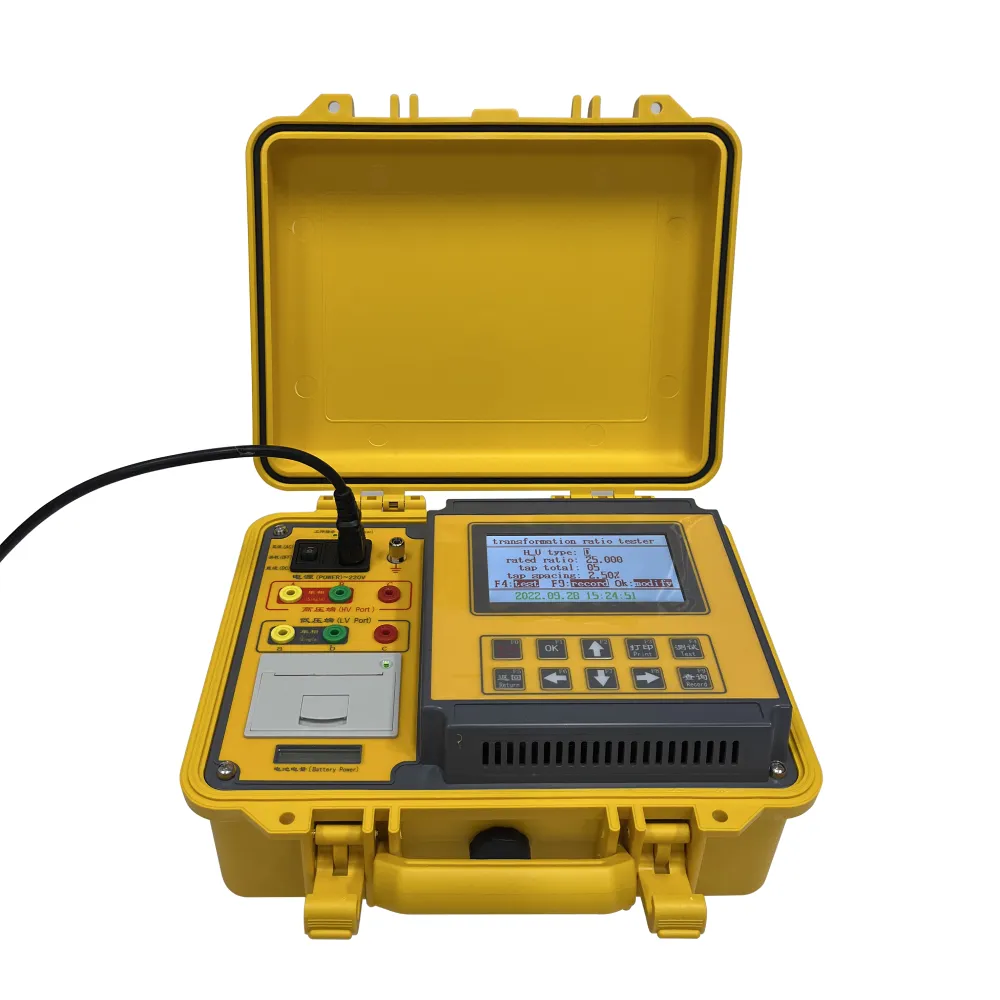 English
English



-
 Afrikaans
Afrikaans -
 Albanian
Albanian -
 Amharic
Amharic -
 Arabic
Arabic -
 Armenian
Armenian -
 Azerbaijani
Azerbaijani -
 Basque
Basque -
 Belarusian
Belarusian -
 Bengali
Bengali -
 Bosnian
Bosnian -
 Bulgarian
Bulgarian -
 Catalan
Catalan -
 Cebuano
Cebuano -
 China
China -
 China (Taiwan)
China (Taiwan) -
 Corsican
Corsican -
 Croatian
Croatian -
 Czech
Czech -
 Danish
Danish -
 Dutch
Dutch -
 English
English -
 Esperanto
Esperanto -
 Estonian
Estonian -
 Finnish
Finnish -
 French
French -
 Frisian
Frisian -
 Galician
Galician -
 Georgian
Georgian -
 German
German -
 Greek
Greek -
 Gujarati
Gujarati -
 Haitian Creole
Haitian Creole -
 hausa
hausa -
 hawaiian
hawaiian -
 Hebrew
Hebrew -
 Hindi
Hindi -
 Miao
Miao -
 Hungarian
Hungarian -
 Icelandic
Icelandic -
 igbo
igbo -
 Indonesian
Indonesian -
 irish
irish -
 Italian
Italian -
 Japanese
Japanese -
 Javanese
Javanese -
 Kannada
Kannada -
 kazakh
kazakh -
 Khmer
Khmer -
 Rwandese
Rwandese -
 Korean
Korean -
 Kurdish
Kurdish -
 Kyrgyz
Kyrgyz -
 Lao
Lao -
 Latin
Latin -
 Latvian
Latvian -
 Lithuanian
Lithuanian -
 Luxembourgish
Luxembourgish -
 Macedonian
Macedonian -
 Malgashi
Malgashi -
 Malay
Malay -
 Malayalam
Malayalam -
 Maltese
Maltese -
 Maori
Maori -
 Marathi
Marathi -
 Mongolian
Mongolian -
 Myanmar
Myanmar -
 Nepali
Nepali -
 Norwegian
Norwegian -
 Norwegian
Norwegian -
 Occitan
Occitan -
 Pashto
Pashto -
 Persian
Persian -
 Polish
Polish -
 Portuguese
Portuguese -
 Punjabi
Punjabi -
 Romanian
Romanian -
 Russian
Russian -
 Samoan
Samoan -
 Scottish Gaelic
Scottish Gaelic -
 Serbian
Serbian -
 Sesotho
Sesotho -
 Shona
Shona -
 Sindhi
Sindhi -
 Sinhala
Sinhala -
 Slovak
Slovak -
 Slovenian
Slovenian -
 Somali
Somali -
 Spanish
Spanish -
 Sundanese
Sundanese -
 Swahili
Swahili -
 Swedish
Swedish -
 Tagalog
Tagalog -
 Tajik
Tajik -
 Tamil
Tamil -
 Tatar
Tatar -
 Telugu
Telugu -
 Thai
Thai -
 Turkish
Turkish -
 Turkmen
Turkmen -
 Ukrainian
Ukrainian -
 Urdu
Urdu -
 Uighur
Uighur -
 Uzbek
Uzbek -
 Vietnamese
Vietnamese -
 Welsh
Welsh -
 Bantu
Bantu -
 Yiddish
Yiddish -
 Yoruba
Yoruba -
 Zulu
Zulu
dielectric tester
Understanding Dielectric Testers Essential Tools for Electrical Safety
Dielectric testers, often referred to as insulation testers or insulation resistance testers, are crucial instruments in the electrical and electronics industry. These devices measure the resistance of insulation materials to electric current, ensuring that electrical equipment is safe for use and meets regulatory standards. The importance of dielectric testing cannot be overstated, as it plays a vital role in preventing electrical failures, protecting both equipment and human life.
What is Dielectric Testing?
Dielectric testing involves applying a high voltage to an electrical device's insulation. The primary purpose of this test is to evaluate the integrity of the insulation material by measuring the current that leaks through the insulation when subjected to this high voltage. A low leakage current indicates good insulation, while a high leakage current suggests potential insulation failure or deterioration. This testing is particularly important for electrical components such as transformers, cables, generators, and circuit breakers, where reliable insulation is paramount.
How Does a Dielectric Tester Work?
A typical dielectric tester operates by generating a specified high voltage—often ranging from 100V to 5kV or more—depending on the requirements of the test and the type of equipment being evaluated. The device connects to the insulation material being tested and initiates the application of voltage. During the test, the device measures the insulation resistance (in ohms) and the leakage current (in milliamperes). This data is then recorded and analyzed to assess the condition of the insulation.
Modern dielectric testers often come equipped with additional features, such as data logging, programmable test sequences, and automated calculations for more straightforward reporting
. These enhancements allow engineers and technicians to efficiently conduct tests and maintain accurate records, which are essential for compliance with industry standards.dielectric tester

Applications in Various Industries
Dielectric testers find applications across a multitude of industries. In the power generation and distribution sector, they are used to routinely check the insulation of transformers and cables, ensuring they operate safely under high voltages. In manufacturing, dielectric testing is crucial for ensuring that electric motors, generators, and other equipment do not pose hazards due to faulty insulation.
Moreover, dielectric testers are indispensable in the maintenance of electrical systems in commercial buildings, hospitals, and manufacturing plants, where electrical safety is critical. Regular testing helps in the early detection of insulation deterioration, which can prevent costly downtime and avoid electrical failures that could lead to fires or equipment damage.
Choosing the Right Dielectric Tester
When selecting a dielectric tester, several factors should be considered, including voltage levels, testing range, accuracy, and additional features like memory storage and interfaces for data transfer. Users must also consider the conditions in which the tester will be used—some are designed for fieldwork and need to be rugged and portable, while others are more suited for lab environments.
Conclusion
In conclusion, dielectric testers are essential tools for ensuring the safety and reliability of electrical systems. By regularly testing insulation resistance, organizations can proactively identify potential issues, avoiding costly repairs and enhancing safety. As technology advances, dielectric testers continue to evolve, offering improved functionality and accuracy, making them integral to modern electrical maintenance and safety standards. For anyone involved in electrical engineering, understanding and utilizing dielectric testers is not just advantageous—it is essential for upholding safety, efficiency, and compliance in electrical operations.
-
Testing Equipment Industry Sees Major Advancements in 2025: Smart & Precision Technologies Lead the WayNewsJun.06,2025
-
Applications of Direct Current Generators in Renewable Energy SystemsNewsJun.05,2025
-
Hipot Tester Calibration and Accuracy GuidelinesNewsJun.05,2025
-
Digital Circuit Breaker Analyzer Features and BenefitsNewsJun.05,2025
-
Benefits of Real-Time Power Quality Monitoring Devices for Industrial EfficiencyNewsJun.05,2025
-
Earth Fault Loop Testing in High-Rise Building Electrical SystemsNewsJun.05,2025



